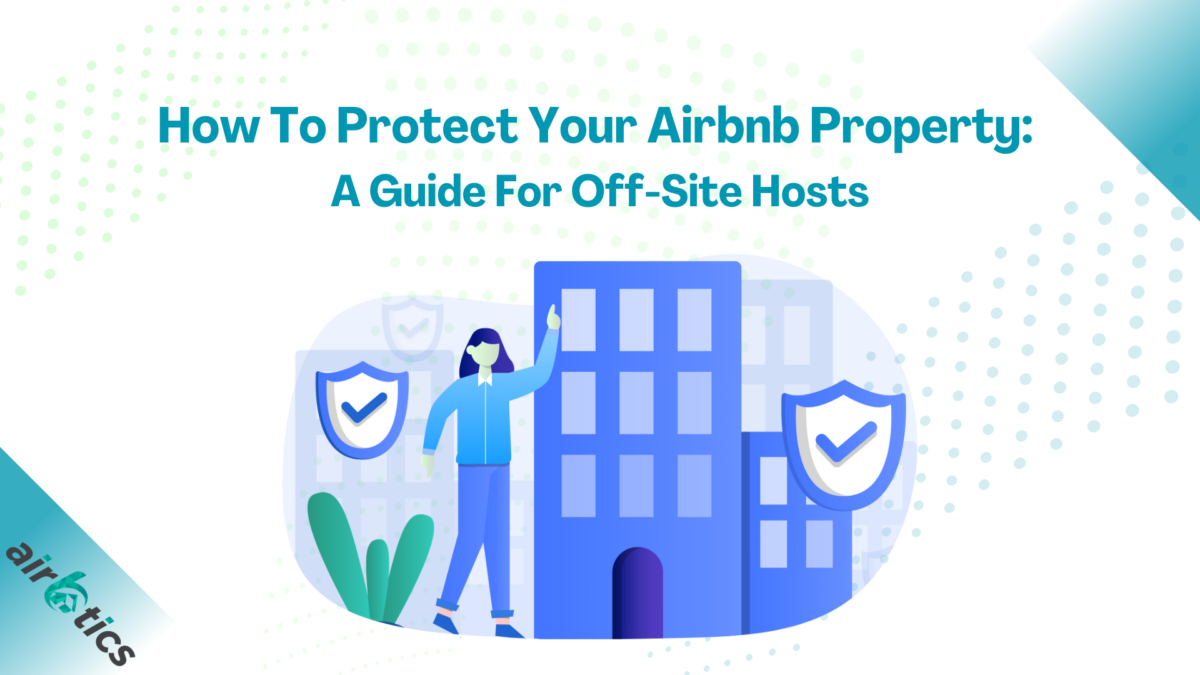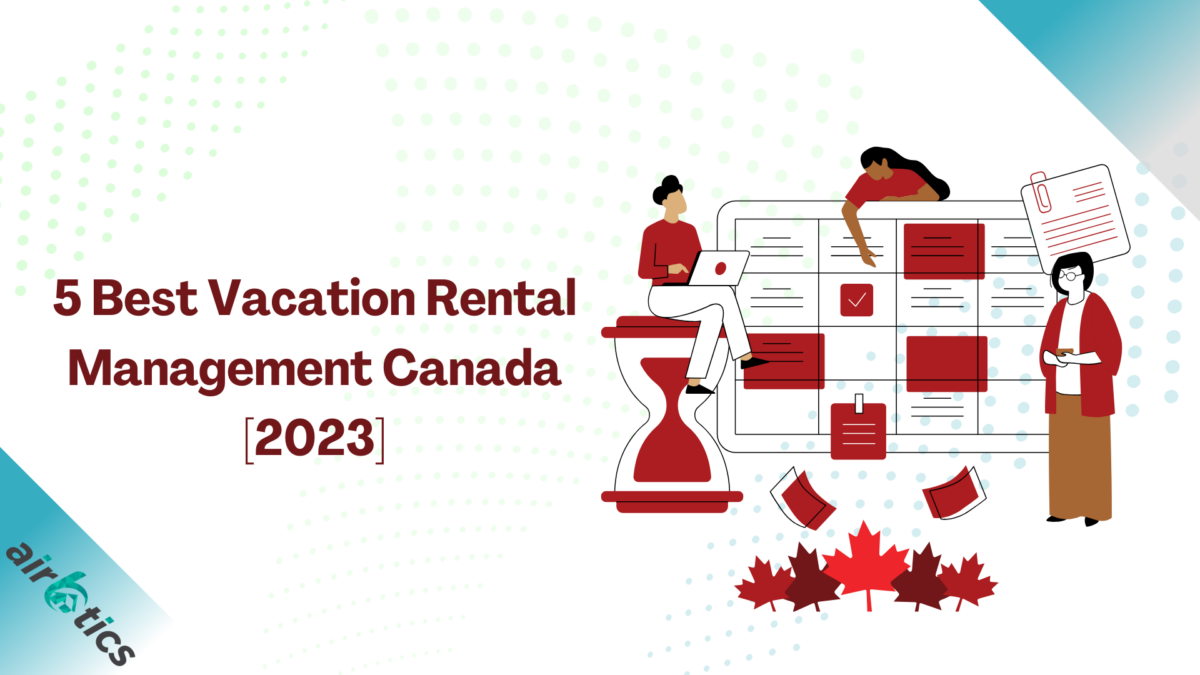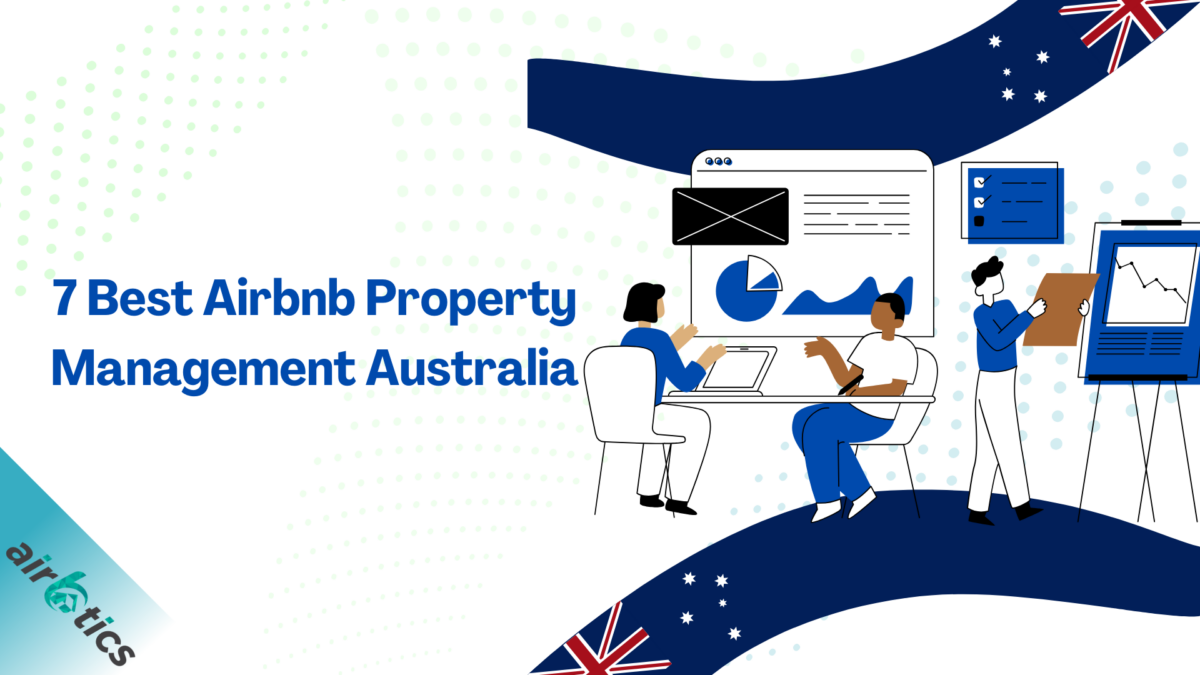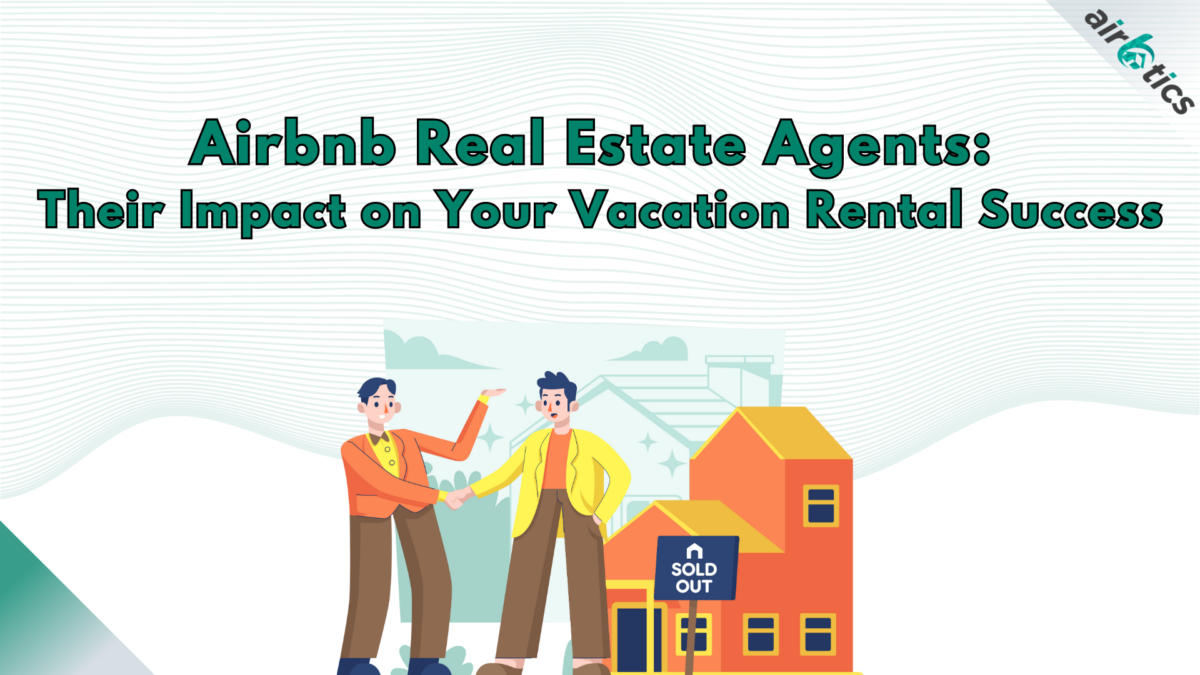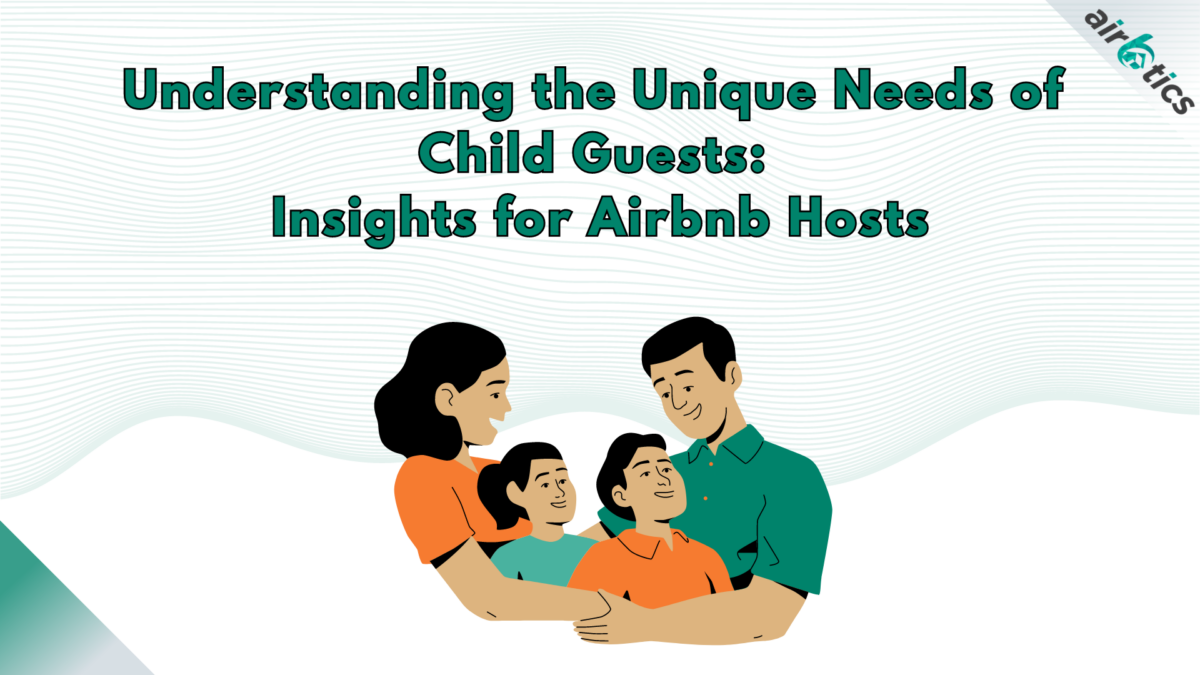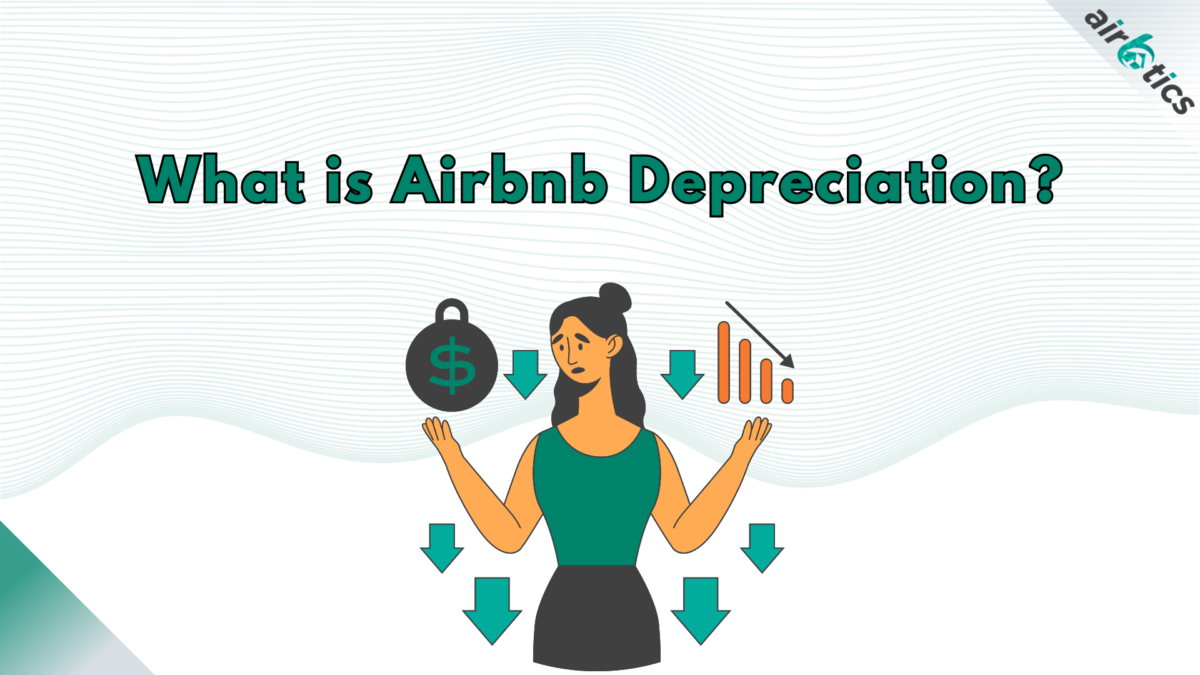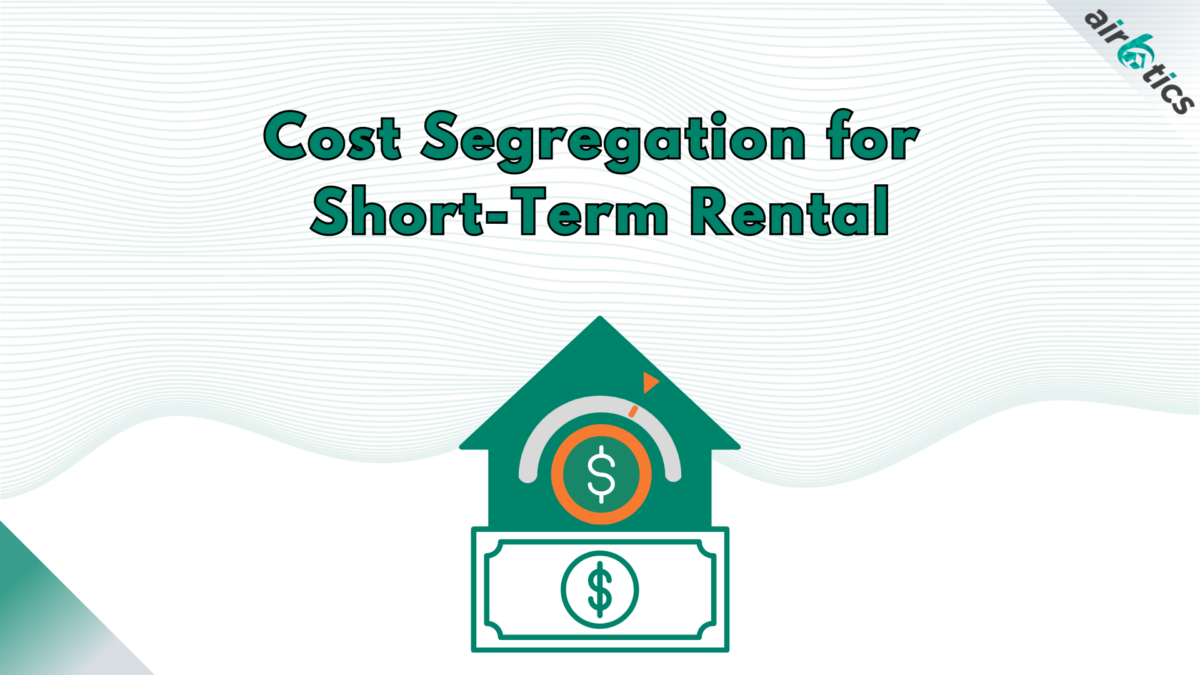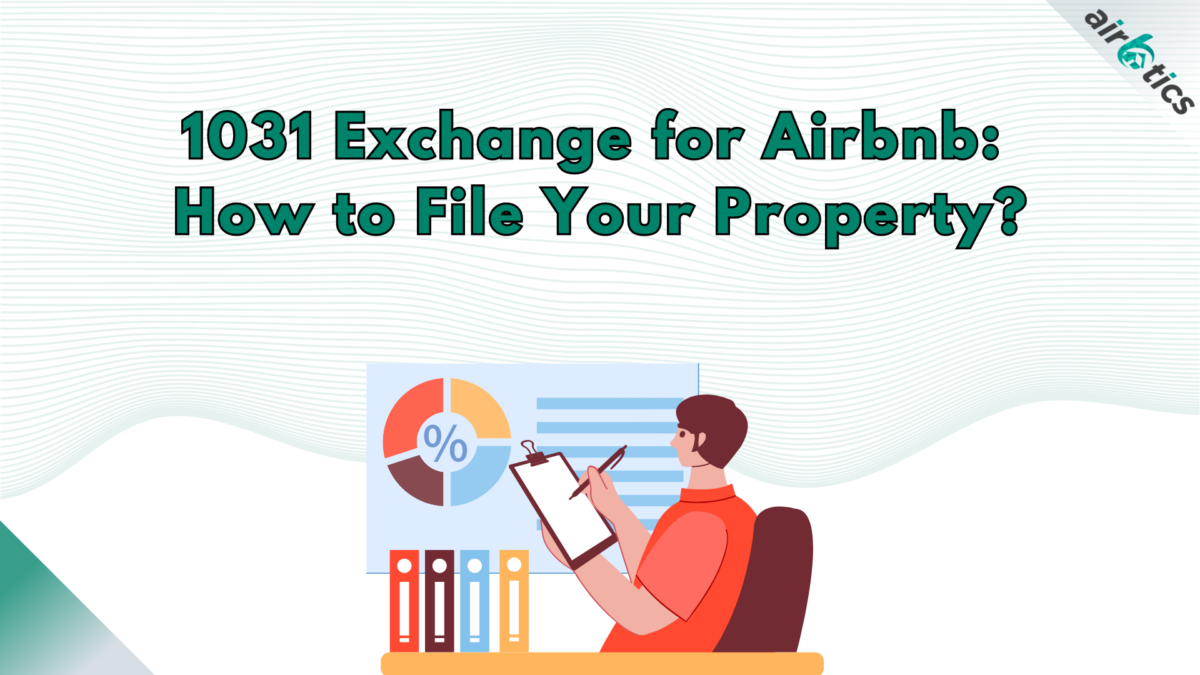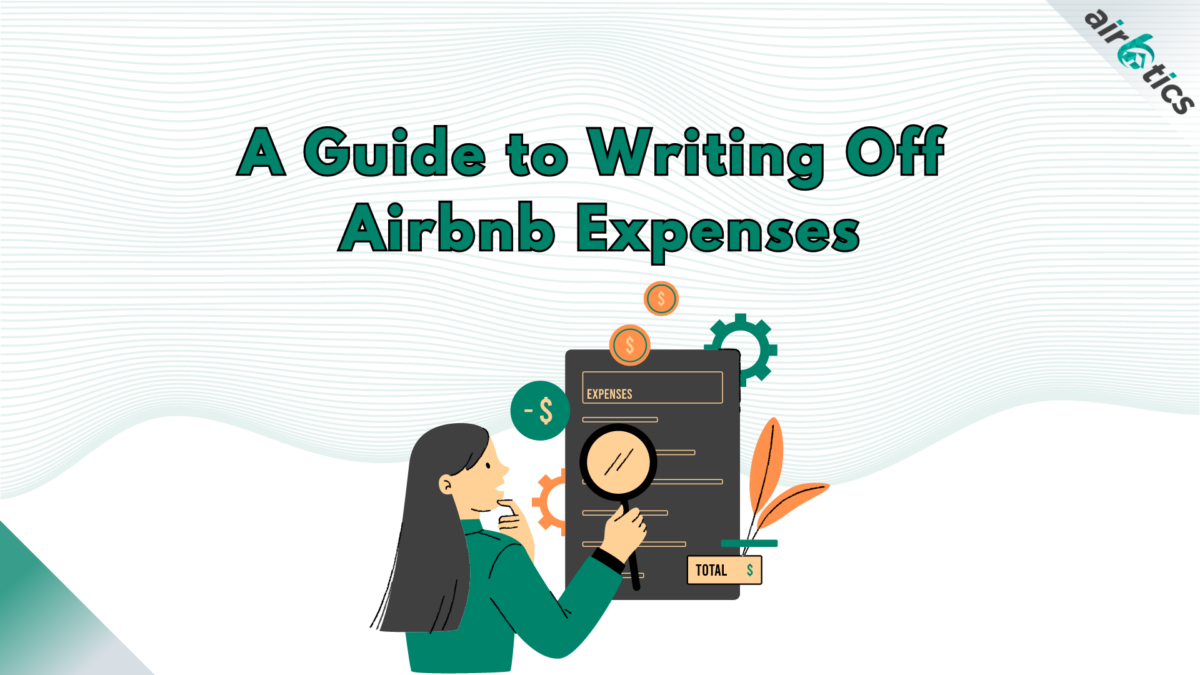5 Airbnb Management Company UK:Get to know the best Airbnb management company in the UK! Boost your revenue from short-term rentals by teaming up with Airbtics’ top picks. Home > Resources > Hosting Tips > 5 Airbnb Management Company UK [2023 Review] Hosting Tips 5 Airbnb Management Company UK [2023 Review] Get to know the best […]


